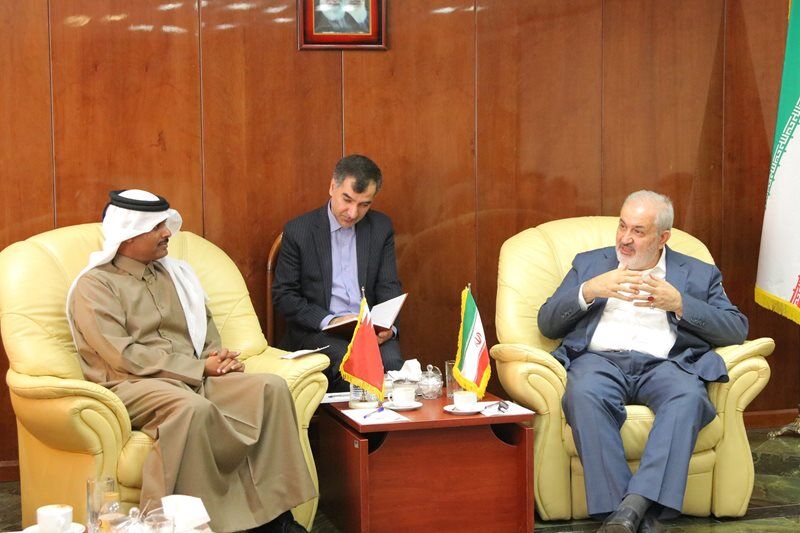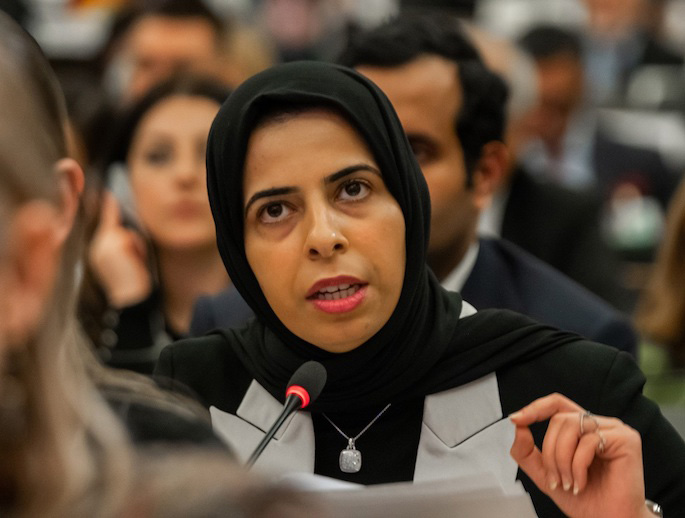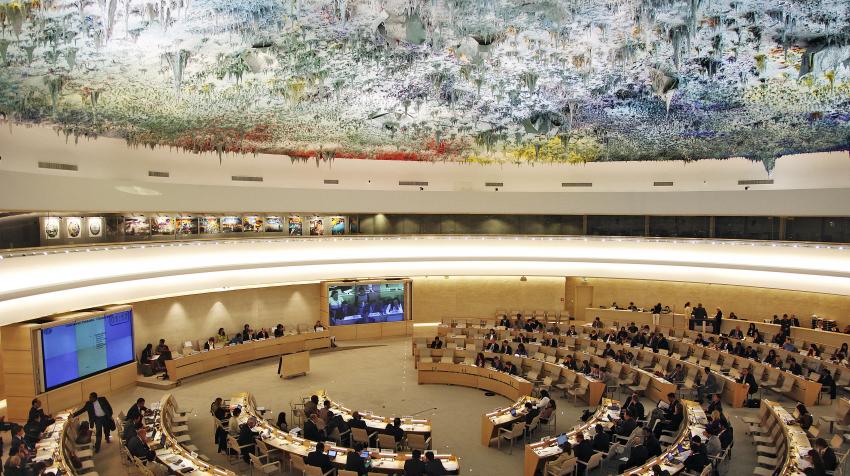Turkey heavily depends on imported oil and gas with a 74% import dependency.
Turkish Minister of Energy and Natural Resources Fatih Donmez is scheduled to visit Qatar and Oman this week in bid to boost energy cooperation, Anadolu Agency (AA) reported on Tuesday.
The report stated that Donmez is first heading to Muscat on Tuesday before then moving on to Doha on Wednesday where he will meet with Qatar’s Minister of State for Energy Affairs Saad Sherida Al-Kaabi.
While no further details were disclosed on Donmez’s visit, it comes amid a global energy crisis triggered by the Russian invasion of Ukraine, coupled with the impact of the Covid-19 outbreak.
Qatar has proven to be a reliable energy partner in the industry as it moves towards dominating the global production of liquified natural gas (LNG).
Turkey heavily depends on imported oil and gas with a 74% import dependency. It is also the second in terms of global energy demand, a position that it has maintained over the past two decades, according to Turkey’s foreign ministry.
The country is located near at least 60% of the world’s proven oil and natural gas reserves, making it one of the biggest natural gas and electricity markets in its region.
Ankara has also been working on diversifying its energy resources to meet its demand.
Russia was Turkey’s main gas supplier in the early 2000’s before it diversified its energy suppliers, stretching out to Iran in 2001 and Azerbaijan in 2007.
It recently expanded the capacity of its pipelines by introducing new ones, including the TurkStream route from Russia and the TANAP route from Azerbaijan.
Currently, Turkey gets its oil from Iran, Iraq, Russia and Saudi Arabia.
According to reports, Turkey has not abandoned its ties with Russia in light of the ongoing war in Ukraine and has instead doubled its imports of Russian oil. So far, Turkey has imported 200,000 barrels per day (bpd) in comparison to 98,000 bpd during the same period in 2021.
Turkey’s inflation rate has been on the rise, reaching 73.5% in May this year, its highest in 23 years, per a CNBC report. Analysts have also warned of a further increase in inflation if no solution is put in place.
Turkey dialogue
Turkey has also been serving as a diplomatic platform in an effort to reach a political solution to the ongoing war in Ukraine by hosting meetings between officials from Moscow and Kyiv.
Among its key achievements was the signing of the agreement between Russia and Ukraine to resume grain shipments in an effort to address global food shortages.
On Thursday, Turkish President Recep Tayyip Erdogan, UN Secretary-General António Guterres, and Ukrainian President Volodymr Zelenskyy in the city of Lviv to discuss an end to the six-month-long war.
The meetings also focused on saving Zaporizhzhia, Europe’s biggest nuclear power plant, which is in the middle of the war zone. Commenting on the looming threats around the site, the Turkish president said:”We don’t want to experience another Chernobyl.”
President Erdogan’s statement referred to the 1986 Chernobyl nuclear accident, the worst such incident in the world. Ukraine’s president had previously warned that the consequences of a radiation accident at the nuclear site “could be even more catastrophic than Chernobyl”.
The meetings ended with no breakthrough as Russia continued its attacks in Ukraine.







